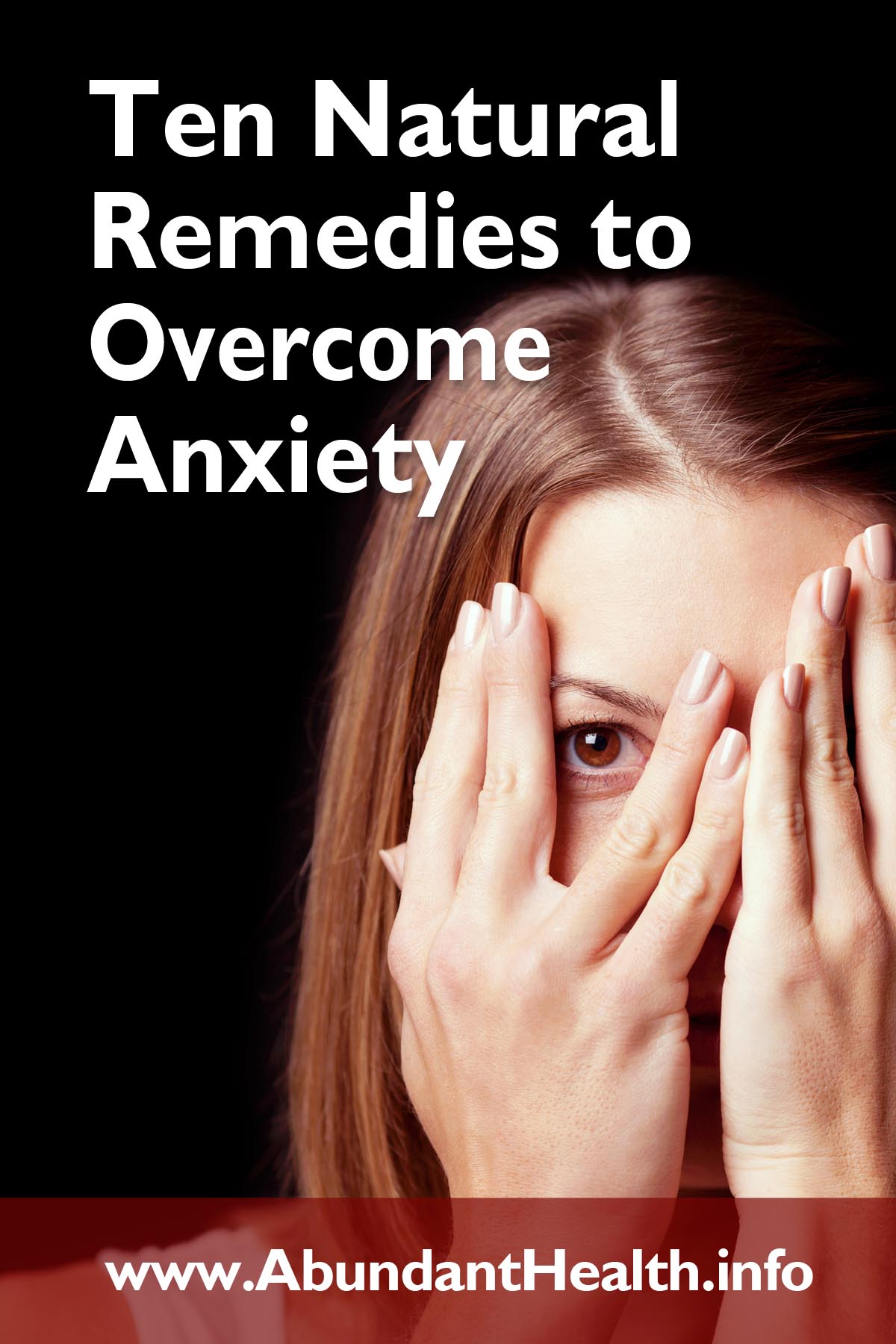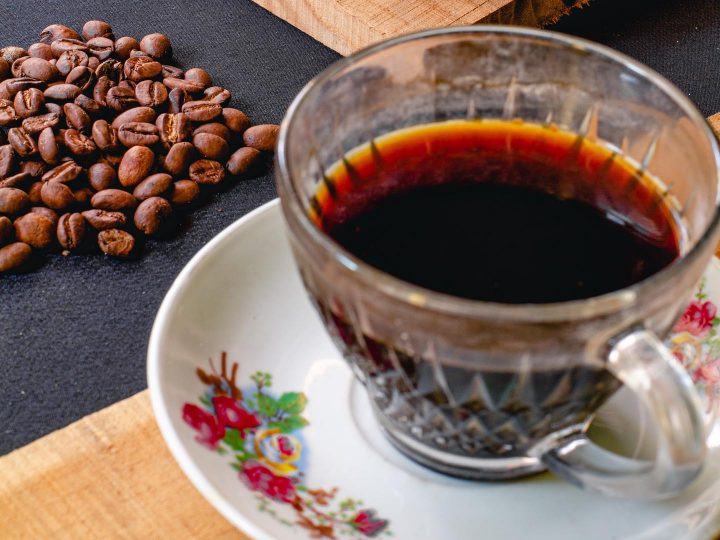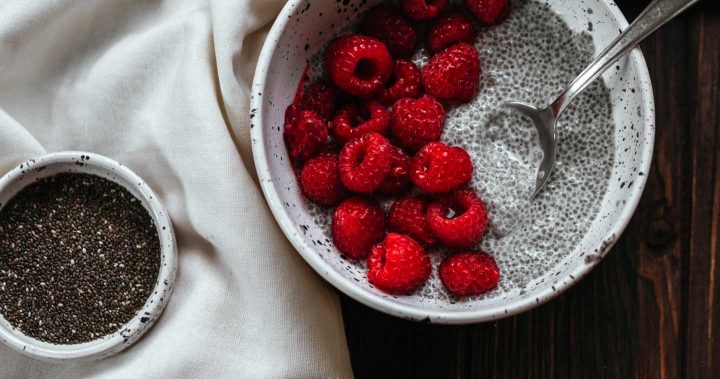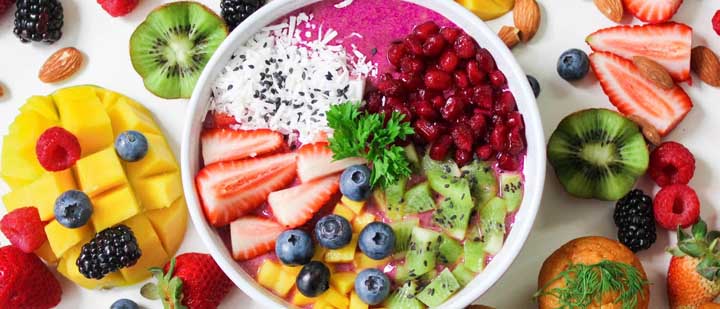Do you suffer from anxiety? Are there certain things that cause you to be anxious? For many fear and anxiety are a problem. They are the most common mental illnesses in the United States, affecting 40 million adults age 18 and older. Did you ever think that there were some simple remedies that can help you a lot to deal with anxiety more effectively?

Get a Good Medical Evaluation
Physical problems like overactive thyroid activity, other hormonal imbalances, chronic obstructive pulmonary disease, heart failure, heart valve prolapse, vitamin B12 deficiency, withdrawal of certain drugs, and other problems could be the source of anxiety and should be ruled out by a competent physician and appropriate testing.
View Only the Positive, the True, and the Noble on Television or Internet
Much of what is shown on TV stimulates the adrenal glands to release stress hormones that aggravate and perpetuate anxiety. We deliberately choose to lower our threshold to anxiety by watching violent programs or movies causing us to live the action vicariously.
Limit Exposure to Media
Overall and night-time specific social media use along with emotional investment were related to poorer sleep quality, lower self-esteem, as well as higher anxiety and depression levels in teenagers.1)British Psychological Society. “Pressure to be available 24/7 on social media causes teen anxiety, depression: The need to be constantly available, respond 24/7 on social media accounts can cause depression, anxiety.” ScienceDaily. 11 September 2015.www.sciencedaily.com/releases/2015/09/150911094917.htm Using multiple forms of media at the same time — such as playing a computer game while watching TV — is linked to symptoms of anxiety and depression.2)Michigan State University. “Multiple media use tied to depression, anxiety.” ScienceDaily. ScienceDaily, 4 December 2012.www.sciencedaily.com/releases/2012/12/121204145557.htm
Eliminate Caffeine
Caffeine magnifies the effects of adrenal stress hormones and messes up an important brain chemical, GABA (gamma-amino-butyric-acid). This chemical helps us to focus and remain calm during stress. Caffeine can be a contributing factor in post-traumatic stress syndrome. It lowers the threshold to anger and decreases the level of contentment. Caffeine is bad news indeed for anxiety control.3)Spiller, G., Caffeine. CRC Press, New York, 1998, pp. 264-272.

Physical Exercise Helps
Twenty minutes of continuous walking (done daily for 10 weeks) improves anxiety.4)Nieman, D., The Exercise-Health Connection. Appalachian State University, 1998, pp. 249-262. Physical exercise is linked to good health. Physical fitness can buffer against the harmful effects of mental stress. In the elderly, exercise improves the quality of sleep and the perception of personal control and self-efficacy. It helps control an inherited tendency to anxiety and also increases contentment. Regular, moderate exercise also helps to reduce pro-inflammatory chemicals in the body which are commonly elevated in anxiety. Additionally, some studies suggest that exercise may play an important role in helping people to endure life’s daily anxieties and stressors better. Regular exercise helps to buffer the effects of emotional exposure. If you exercise, you’ll not only reduce your anxiety, but you’ll be better able to maintain that reduced anxiety when confronted with emotional events.5)University of Maryland. “Exercise may protect against future emotional stress, study shows.” ScienceDaily. ScienceDaily, 13 September 2012.www.sciencedaily.com/releases/2012/09/120913123629.htm
In contrast, low-energy activities that involve sitting down are associated with an increased risk of anxiety, according to new research. These activities, which include watching TV, working at a computer, or playing electronic games, are called sedentary behavior.6)Megan Teychenne, Sarah A Costigan, Kate Parker. The association between sedentary behaviour and risk of anxiety: a systematic review. BMC Public Health, 2015; 15 (1) DOI: 1186/s12889-015-1843-x.
Enjoy an Anti-Inflammatory Diet
Since anxiety fuels inflammation (and inflammation fuels chronic conditions), adopt an anti-inflammatory plant-based diet which includes leafy green vegetables, whole grains, legumes, nuts, and omega-3 fats. Avoid the liberal use of refined oils and sugar as this fuels inflammation. Plant foods are rich in fiber. Fiber helps to populate the stomach and gut with friendly bacteria. Mounting evidence links unfriendly bacteria to mental disorders, including anxiety.7)Office of Naval Research. “Gut feeling: Research examines link between stomach bacteria, PTSD.” ScienceDaily. ScienceDaily, 25 April 2016.www.sciencedaily.com/releases/2016/04/160425161324.htm Omega-3 fats reduce anxiety and inflammation in healthy students.8)Ohio State University. “Omega-3 reduces anxiety and inflammation in healthy students, study suggests.” ScienceDaily. ScienceDaily, 1 August 2011.www.sciencedaily.com/releases/2011/07/110713121313.htm Chia seeds, flaxseed, organic soybeans, and walnuts are good vegetarian sources of omega-3 fat.

Boost Antioxidant Intake
Culinary herbs like turmeric, ginger, rosemary, thyme, and oregano can help to boost your antioxidant levels. Consider a modest plant-based vitamin supplement. Why? Individuals with generalized anxiety disorder can have low levels of antioxidants in the blood.9)Medhavi Gautam. Role of antioxidants in generalised anxiety disorder and depression. Indian J Psychiatry. 2012 Jul-Sep; 54(3): 244–247. Low levels of antioxidants might help to contribute to anxiety in some cases.10)Krolow R, Oxidative Imbalance and Anxiety Disorders. Curr Neuropharmacol. 2014 Mar; 12(2): 193–204. It would be a good idea to have your vitamin B-12 and vitamin D levels checked too.
Don’t Microwave Plastic and Limit Drinking from Plastic Containers
Researchers at North Carolina State University show that exposure to the chemical bisphenol early in life results in high levels of anxiety by causing significant gene expression changes in a specific region of the brain called the amygdala. The researchers also found that a soy-rich diet can mitigate this effect.11)North Carolina State University. “Exposure to bisphenol A (BPA) early in life results in high levels of anxiety; Soy mitigates effects, study shows.” ScienceDaily. ScienceDaily, 7 September 2012.www.sciencedaily.com/releases/2012/09/120907131638.htm
Avoid Alcohol
After chronic alcohol exposure, mice are unable to control a learned fear response, shedding light on the link between alcoholism and anxiety problems like post-traumatic stress disorder. In other words, persistent drinking rewires the brain and lowers the threshold for anxiety.12)University of North Carolina School of Medicine. “Heavy drinking rewires brain, increasing susceptibility to anxiety problems.” ScienceDaily. ScienceDaily, 2 September 2012.www.sciencedaily.com/releases/2012/09/120902143143.htm
Enjoy a Neutral Tub Bath
This hydrotherapy treatment relaxes the body while sedating the nervous system. Be sure the room is warm. The water temperature should be maintained between 94-97°F (34-36°C). The bath should last between 15 minutes to an hour. Place an air pillow under the head for comfort if needed, and cover any exposed area with a light towel.

Stay Always Up to Date
Sign up to our newsletter and stay always informed with news and tips around your health.
This article was originally posted on the Wildwood Institute website and is used by permission.
Elizabeth Hall has taught and researched health topics for more than 35 years at Wildwood Lifestyle Center and Hospital at Wildwood, GA.
References
| ↑1 | British Psychological Society. “Pressure to be available 24/7 on social media causes teen anxiety, depression: The need to be constantly available, respond 24/7 on social media accounts can cause depression, anxiety.” ScienceDaily. 11 September 2015.www.sciencedaily.com/releases/2015/09/150911094917.htm |
|---|---|
| ↑2 | Michigan State University. “Multiple media use tied to depression, anxiety.” ScienceDaily. ScienceDaily, 4 December 2012.www.sciencedaily.com/releases/2012/12/121204145557.htm |
| ↑3 | Spiller, G., Caffeine. CRC Press, New York, 1998, pp. 264-272. |
| ↑4 | Nieman, D., The Exercise-Health Connection. Appalachian State University, 1998, pp. 249-262. |
| ↑5 | University of Maryland. “Exercise may protect against future emotional stress, study shows.” ScienceDaily. ScienceDaily, 13 September 2012.www.sciencedaily.com/releases/2012/09/120913123629.htm |
| ↑6 | Megan Teychenne, Sarah A Costigan, Kate Parker. The association between sedentary behaviour and risk of anxiety: a systematic review. BMC Public Health, 2015; 15 (1) DOI: 1186/s12889-015-1843-x. |
| ↑7 | Office of Naval Research. “Gut feeling: Research examines link between stomach bacteria, PTSD.” ScienceDaily. ScienceDaily, 25 April 2016.www.sciencedaily.com/releases/2016/04/160425161324.htm |
| ↑8 | Ohio State University. “Omega-3 reduces anxiety and inflammation in healthy students, study suggests.” ScienceDaily. ScienceDaily, 1 August 2011.www.sciencedaily.com/releases/2011/07/110713121313.htm |
| ↑9 | Medhavi Gautam. Role of antioxidants in generalised anxiety disorder and depression. Indian J Psychiatry. 2012 Jul-Sep; 54(3): 244–247. |
| ↑10 | Krolow R, Oxidative Imbalance and Anxiety Disorders. Curr Neuropharmacol. 2014 Mar; 12(2): 193–204. |
| ↑11 | North Carolina State University. “Exposure to bisphenol A (BPA) early in life results in high levels of anxiety; Soy mitigates effects, study shows.” ScienceDaily. ScienceDaily, 7 September 2012.www.sciencedaily.com/releases/2012/09/120907131638.htm |
| ↑12 | University of North Carolina School of Medicine. “Heavy drinking rewires brain, increasing susceptibility to anxiety problems.” ScienceDaily. ScienceDaily, 2 September 2012.www.sciencedaily.com/releases/2012/09/120902143143.htm |
Leave a Reply